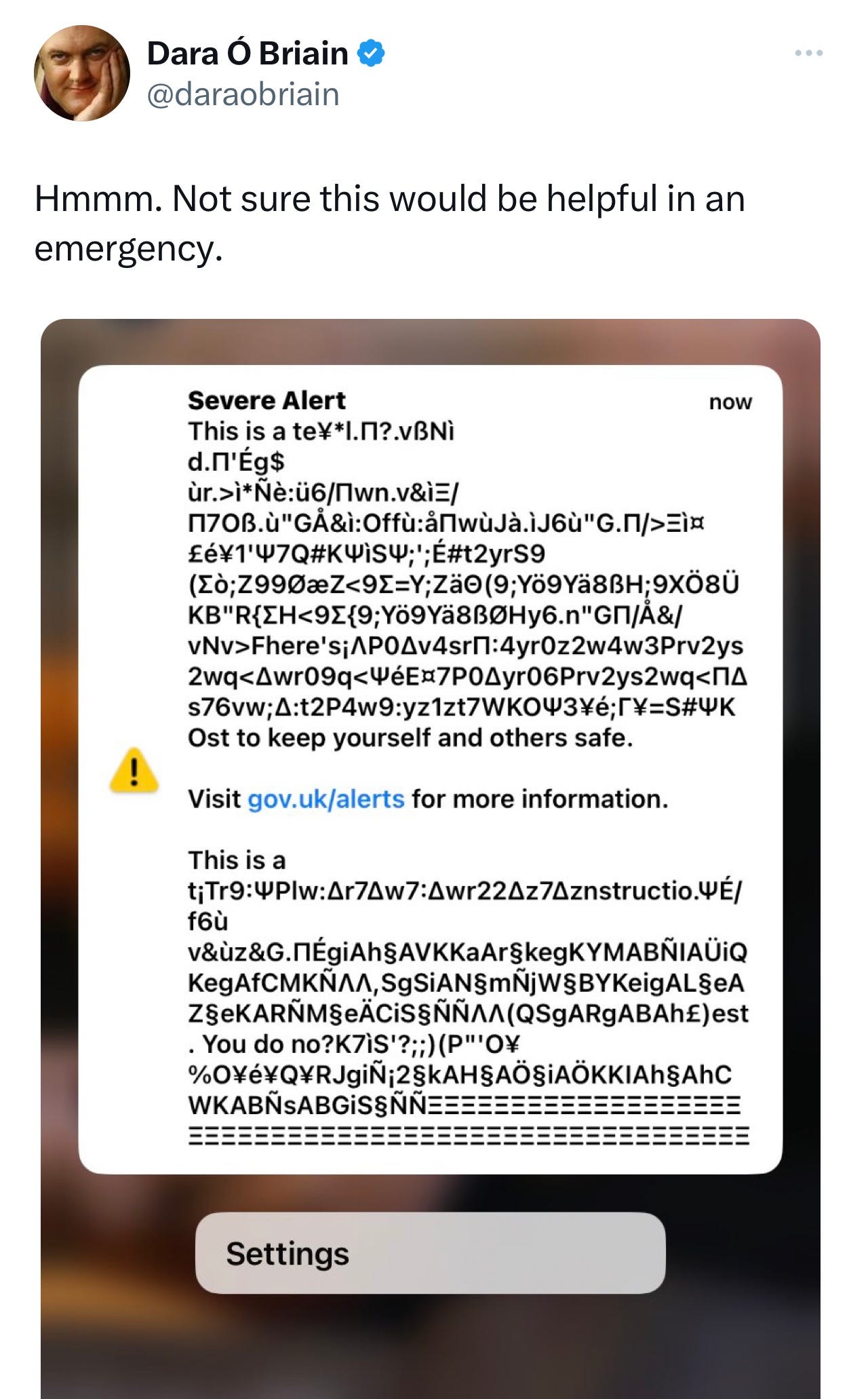Permacrisis, polycrisis and long running crises
Living with crisis is something we are all getting used to in this post-pandemic era. Few of us have experienced anything like this before. It is a point in time where there are so many crisis, emergencies and disasters affecting our lives that it is a significant test of resilience.
As well as testing our personal resilience, this is also putting pressure on the way businesses and organisations function, build resilience and maintain viability. The important point is to recognise the challenge that is faced and then to take steps to manage it and minimise the impact.
There are four points to consider within your communication and approach:
Resilience - have you build in support that will help people to manage these uncertain and challenging times?
Risk awareness - do you have the right systems in place to identify those problems before they emerge so that you can respond at speed?
Preparedness - are you ready for the next problem? Do you have a plan, structure, and framework in place to ensure smooth operation of your response?
Resources - do you have the right resources in place? Do you know where to go for additional support?
It is not just a permacrisis or polycrisis that we need to consider. There is an additional challenge of managing long-running crises. In a recent article for Crisis Response Journal, Amanda talks about six points that need to be considered for long running crises, which are: strategy, evaluation, consultation, focus, mood and creativity.
Views of how long a crisis may run for have changed significantly over the past three years. It is clear that being comfortable with crisis management, change and uncertainty is something everyone needs to do.
UK Emergency Alert Aftermath
On 23 April the UK ran its first emergency alert test and it received widespread coverage both before and after it happened. There was a lot of criticism from people who didn’t receive the alert, as well as conspiracy theories about what it was and why it was needed.
Building resilience among communities in the UK needs to happen and is going to take some time to achieve. Amanda gave an overview of the alert and the issues for the future in a recent blog. (Read it here)
Plan and focus on people - comment on flood report
Following the criticism of Auckland Council’s response to the floods in January 2023, a professor from the University of Otago has considered what the report into the response means for communication. There is an interesting line in the article that all emergency planners and comms people will agree with:
“Although some people are reluctant to spend much time on any sort of planning, let alone crisis communication planning, research indicates that those who are well prepared tend to cope better with emergencies.”
Find out more here.
International Crisis Masterclass
Amanda will be running a crisis communication masterclass for the World Communication Forum Association. The session on 12 May will be looking at risk and crisis management and will consider how to develop a crisis communication plan in a world where fake news is a significant threat.
If you are interested in the session and want to find out more go to the WCFA LinkedIn event page here.
In Brief:
A new document has been produced that considers best practice for smart cities. It has been developed by cyber security and risk professionals in the US, UK, Canada, Australia and New Zealand. Find out more here.
Amanda commented for PR Week UK on the situation facing BudLight after their recent crisis. Find out what was said here.
A White Paper has outlined how businesses in New Zealand need to learn from crises that happen elsewhere in the world. The report outlines common themes in the crisis response. Find out more here.
PWC crisis expert Bobbie Ramsden-Knowles has explored resilience for business in a post on LinkedIn shared by the UK National Preparedness Commission. Read more here.
The national Fire communication organisation - FirePro - has launched new communication standards for fire and rescue services. Find out what they are here.
Diary Dates:
A crisis communication exercise is the latest training session provided by Amanda. The two hour session is a chance to consider the actions you would take and the decisions you would make. The session takes place on 11 May at 1pm GMT. Email amanda@amandacolemancomms.co.uk for more information.
On 1 June Amanda will run the popular Getting Maximum Impact from a Disappearing PR and Comms Budget for the PRCA. Find out more here.



